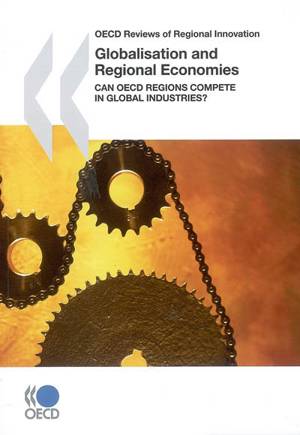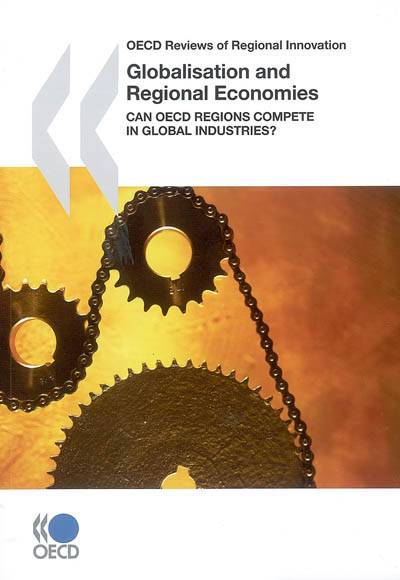
- Afhalen na 1 uur in een winkel met voorraad
- In januari gratis thuislevering in België
- Ruim aanbod met 7 miljoen producten
- Afhalen na 1 uur in een winkel met voorraad
- In januari gratis thuislevering in België
- Ruim aanbod met 7 miljoen producten
OECD Reviews of Regional Innovation Globalisation and Regional Economies
OECD PublishingOmschrijving
Despite concern about the negative impacts of globalisation on the economies of OECD regions,
notably the loss of manufacturing jobs and enterprise relocation, this report presents evidence that
region-specific advantages - embedded in specialised firms, skilled labour and innovation capacity -
remain a significant source of productivity gain for firms, even for the largest multinational enterprises.
This seems to contradict the hypothesis that globalisation reduces the importance of geographical
proximity in business.
Nonetheless, a new geography of production is emerging, based around both old and new regional
hubs in OECD and non-OECD countries. Some of the new hubs in non-OECD countries are
attracting increasingly high value-added production and services. In response, national and regional
governments in OECD countries are looking for ways to ensure that regions maintain a competitive
edge in industries that generate wealth and jobs.
This report looks at how different regions are responding to these challenges and the strategies they
have adopted to support existing competitive advantages and to transform their assets to develop
new competitive strengths.
In the same series:
Competitive Regional Clusters: National Policy Approaches
Specificaties
Betrokkenen
- Auteur(s):
- Uitgeverij:
Inhoud
- Aantal bladzijden:
- 244
- Taal:
- Engels
Eigenschappen
- Productcode (EAN):
- 9789264037793
- Verschijningsdatum:
- 31/10/2007
- Uitvoering:
- Paperback
- Afmetingen:
- 210 mm x 280 mm
- Gewicht:
- 559 g

Alleen bij Standaard Boekhandel
Beoordelingen
We publiceren alleen reviews die voldoen aan de voorwaarden voor reviews. Bekijk onze voorwaarden voor reviews.









